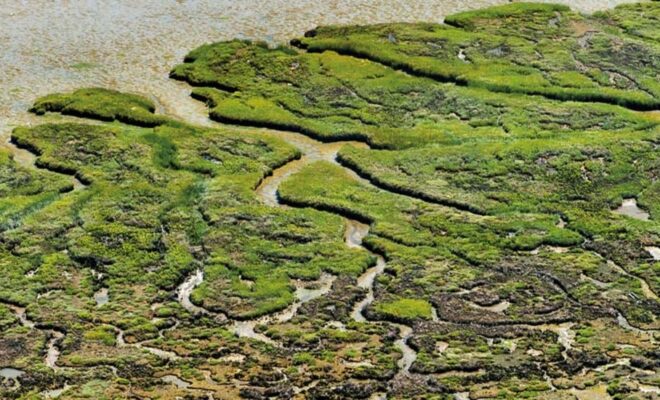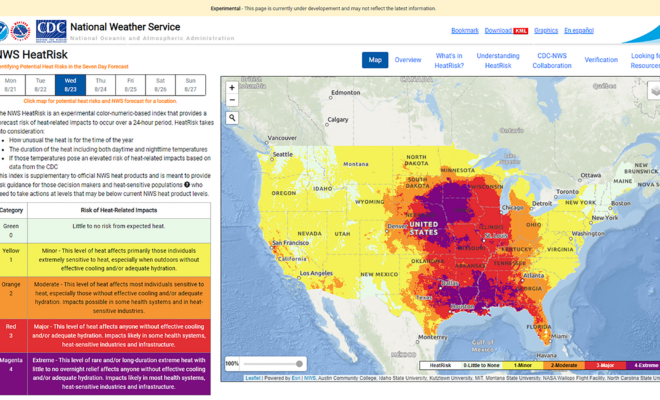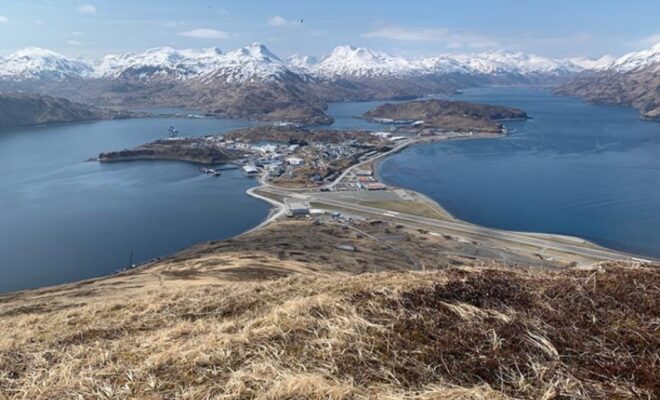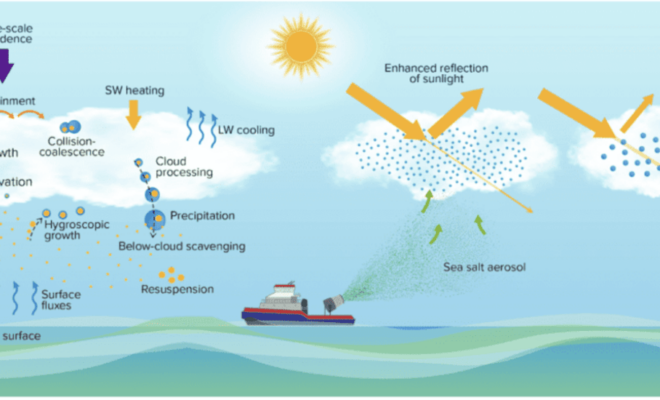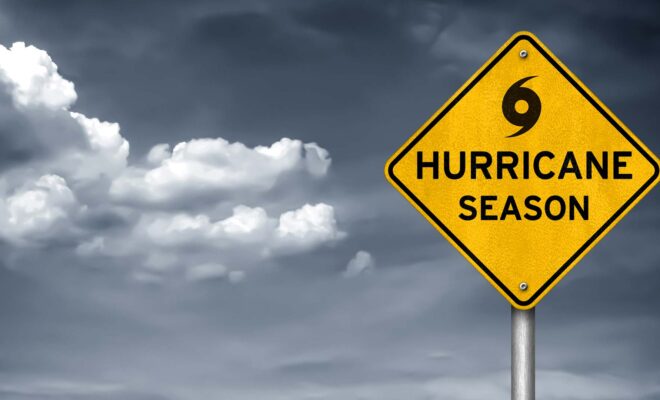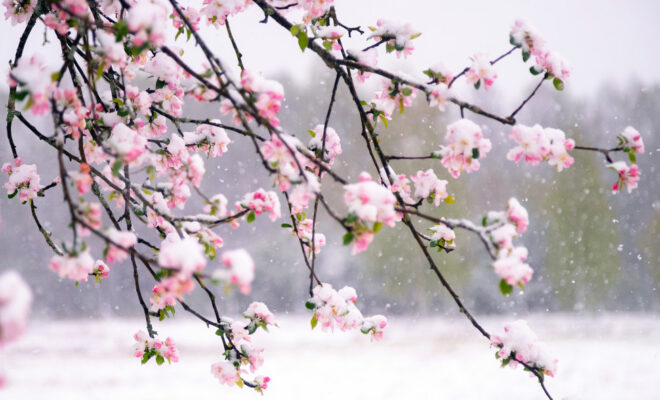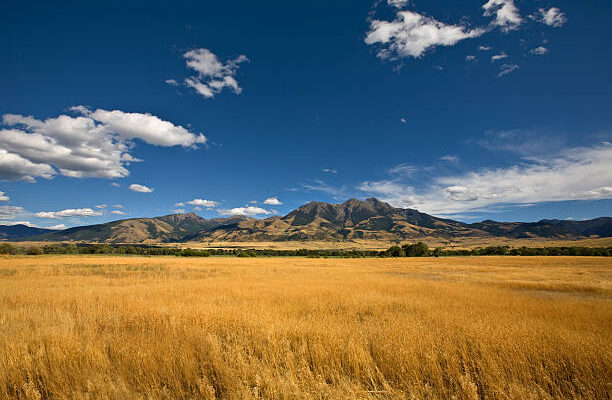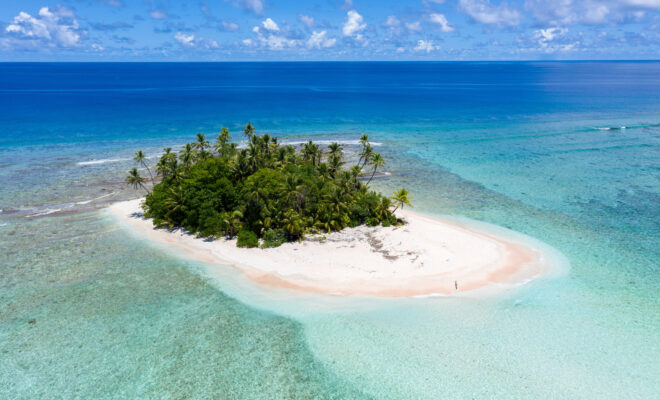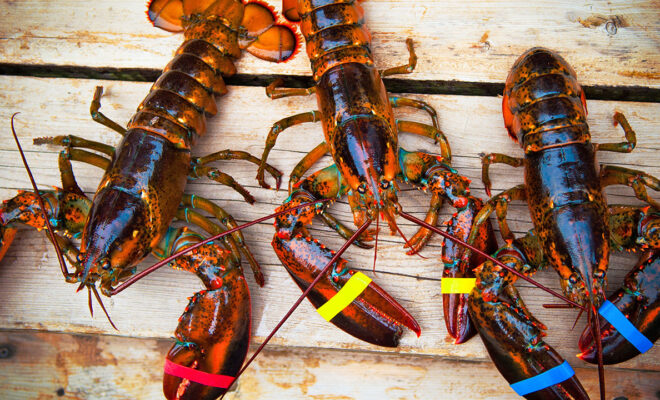Making a Marsh out of a Mud Pile
4/25/2024 - By Erica Gies. In San Francisco Bay, scientists are looking for a better way to rebuild flagging marshland. The water in California’s San Francisco Bay could rise more than two meters by the year 2100. For the region’s tidal marshes and their inhabitants, such as the endangered Ridgway’s rail and the salt marsh… SEE MORE
